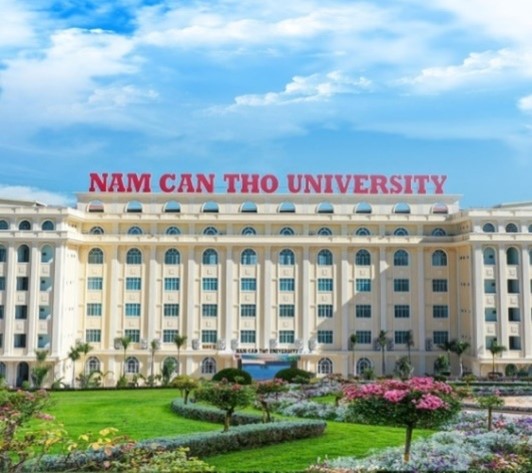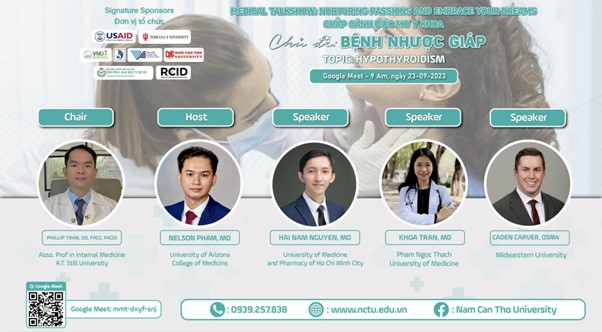Monitoring the volume of clean water used in buildings at Nam Can Tho University (see more);
Treatment of domestic wastewater from buildings at Nam Can Tho University is an effective and sustainable solution to minimize the impact of human activities on the environment and the health of the community (see more);
Procedures to prevent contaminated water from entering the water supply system, including contamination caused by accidents and incidents, to ensure the safety of clean water sources used at the School, avoiding water waste if clean water is contaminated (see more);
The application of construction standards to minimize water use is a priority solution (see more).
Goals
- By 2030, achieve access to safe drinking water in disadvantaged rural areas.
- By 2030, achieve access to safe drinking water in disadvantaged rural areas, including safe toilets and adequate sanitation and ending open defecation, paying particular attention to the needs of women and girls and people in vulnerable situations.
- By 2030, improve water quality by reducing pollution, eliminating discharge and minimizing emissions of hazardous chemicals and materials, halving the proportion of untreated wastewater and substantially increasing global recycling and safe reuse.
- By 2030, substantially increase water use efficiency across all sectors.
- By 2030, support the protection and restoration of water-related ecosystems, including mountains, forests, wetlands, rivers, aquifers and lakes.
- By 2030, expand international cooperation and support capacity building for developing countries in water and sanitation-related activities and programmes, including water harvesting, desalination, water efficiency, wastewater treatment, recycling and reuse technologies.
- Support and strengthen the participation of local communities in improving water and sanitation management.
- By 2025, prevent and significantly reduce all forms of marine pollution, in particular from land-based activities, including marine litter and nutrient pollution.
- Minimize and address the impacts of ocean acidification, including through enhanced scientific cooperation at all levels
- Promote the conservation and sustainable use of the oceans and their resources by implementing international law as reflected in UNCLOS, which provides the legal framework for the conservation and sustainable use of the oceans and their resources, as reiterated in paragraph 158 of The Future We Want.










